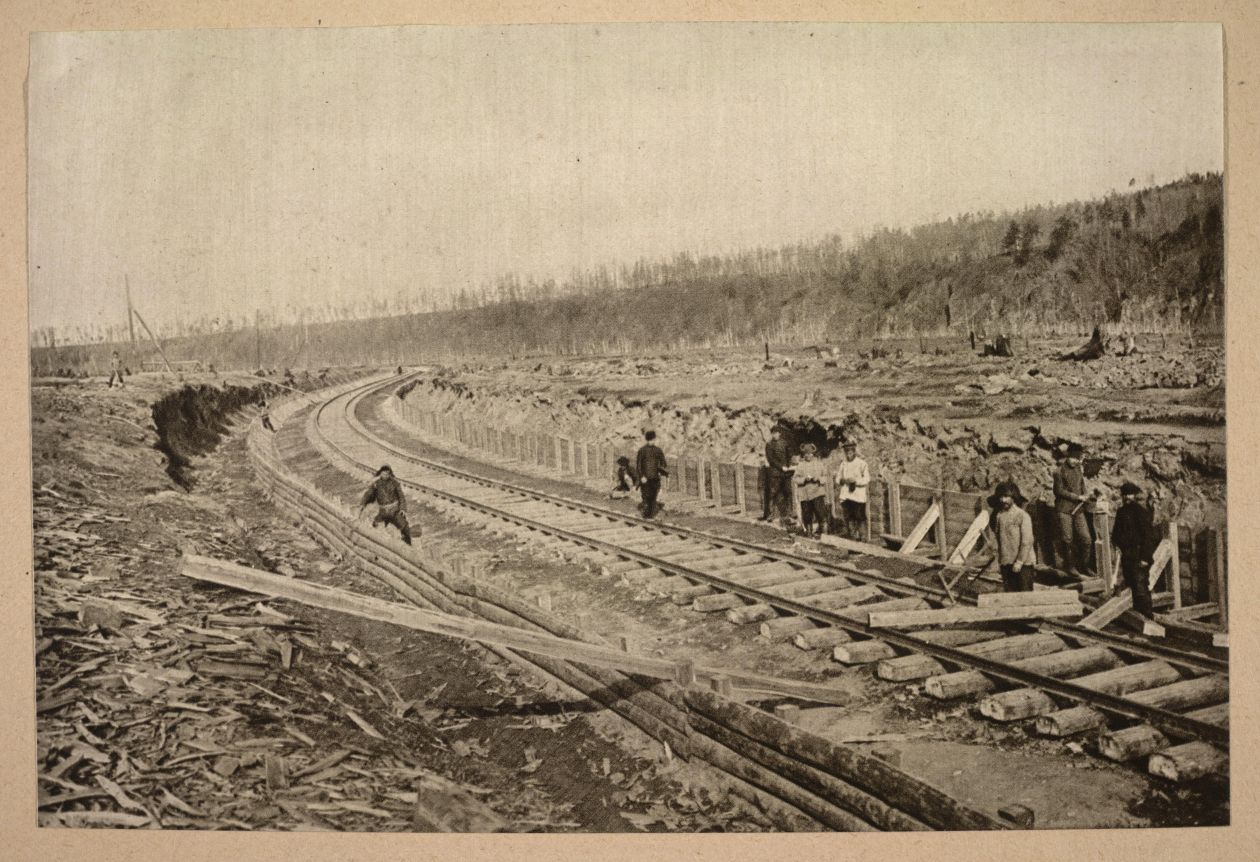
Unlike earlier polities, modern states actually achieved sovereignty over territory. Central to the project of the modern state are the technologies that support its domination. These technologies include cartography, roads and rail, censuses and surveys, telegraph and telephone lines. These new forms of communication and infrastructure knit together what had been fragmented and fractured territories, disparate ecosystems and isolated populations. Indeed, the modern state is inscribed not only in society but also on the environment itself.
This course explores the history of the territorialization of political power. We will explore how the pre-modern and indigenous forms of political powers were disintegrated and brought under the logic of modern governmentality while recognizing that these modern state projects were never immune to the interruptions, resistance, and mediation of the very peoples that they sought to contain. Despite its goals, modern states did not create uniform systems of control but instead produced and reproduced preexisting gender, racial and ethnic inequalities. To understand this history, course readings range across different historical approaches, from environmental and global history to historical geography and the history of technology.
